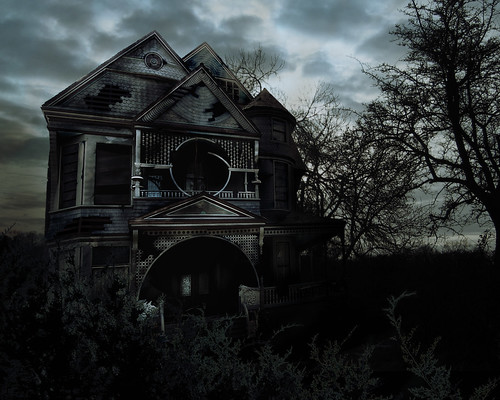Today we have a thematic Aspiring Voices as I chat with horror writer Sam Witt about making a real living as a working writer, genre writing, and a great dissection of the horror genre’s past, present, and future.

Paul: You were, at one point, a working writer, correct? What were you doing at the time and how was that different from what you’re trying to do now?
Sam: I was indeed a working writer in the early 90’s, primarily churning words in the adventure game industry for Dungeons & Dragons. I wrote a blog post about how that all fell apart, but one thing I didn’t mention was just how different that type of writing was from what I’m doing now.
Everything I produced back in the day was work-for-hire, which means that the millions of words I cranked out weren’t really mine. They belong to the publishers who hired them out, and while many of those words are still earning a decent sum for someone they aren’t providing me with any residual income.
The other downside to this otherwise high-paid work was its relative anonymity. Authors weren’t given front-page billing, but were consigned to the interior of the book. Work-for-hire publishers are interested in building loyalty to their brand, not yours, which gave them an incentive to obscure the work of authors.
By contrast, the writing I’m doing now is mine. The horror serial I’m writing over at Juke Pop Serials is helping me to drawn in new readers who are interested in what I have to say. My blog helps me to connect with other writers and build a stronger bond with fans interested in how and why I write. My forthcoming novels, Breaking Grace and Bad Education, will benefit from the groundwork I’m laying now and should provide me with a stream of cash for as long as folks keep buying them.
That’s the one thing writers need to be mindful of—if you don’t control the rights to your work, you don’t control the rights to your future. All you have are words, so make sure they belong to you and don’t get sold to someone else on the cheap.
Continue reading

